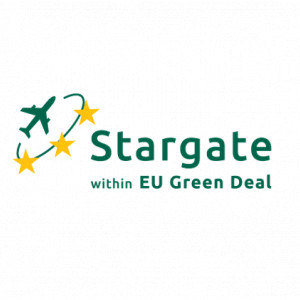 \
&
Contact us
\
&
Contact us
 \
&
Contact us
\
&
Contact us
Published on | 3 years ago
Programmes ERCThe results of the 2022 European Research Council (ERC) Starting grant call (call deadline 13 January 2022) were published. Starting Grants are open to researchers with 2-7 years of experience since completion of PhD (extensions are possible under certain documented circumstances), a scientific track record showing great promise and an excellent research proposal. Of the 2932 submitted proposals 408 researchers received an ERC Starting grant including fifteen researchers based at Flemish host institutions:
Background on the evaluation results, projects and teams can be found in the press releases from ERCEA, Universiteit Gent and KU Leuven
We offer news and event updates, covering all domains and topics of Horizon Europe, Digital Europe & EDF (and occasionally, for ongoing projects, Horizon 2020).
Stay informed about what matters to you.
By signing up, you can opt in for e-mail notifications and get access to
a personalised dashboard that groups all news updates and event announcements in your domain(s).
Only for stakeholders located in Flanders

The Stargate project obtained funding under the special Green Deal call of Horizon 2020, more in particular under the topic of “green ports and airports”. It received the maximum score of the evaluators and was selected out of more than 40 projects. Stargate’s purpose is to prove that sustainable aviation is possible and happening. It focuses on the further decarbonization of the aviation industry, the improvement of local environmental quality and the stimulation of the modal split. Together with a consortium of 21 European partners with a diverse and rich expertise (airports, community partners, knowledge institutions, consultants, local governments, …), Brussels Airports takes the lead as lighthouse airport to develop and implement innovative solutions. Results that prove successful can be deployed at the fellow airports (Toulouse, Budapest, Athens). Over the course of the coming five years, the consortium will exchange knowledge to investigate and realize more than 30 concrete projects.